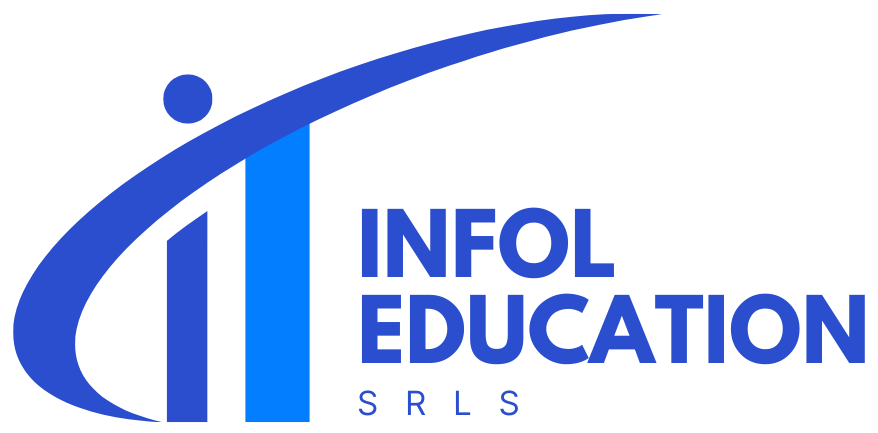DESCRIPTION
Over five engaging lessons spanning 20 hours, you will explore cutting-edge methods and strategies to enhance your teaching abilities as a sports instructor. This course is designed to empower you with innovative approaches to help your students excel in their chosen sports.
Lesson 1: The Science of Sports Coaching (4 hours)
In our first lesson, we delve into the science behind effective sports coaching. You’ll gain insights into sports psychology, biomechanics, and motor learning principles. Understanding these foundational concepts will set the stage for implementing innovative teaching techniques.
Lesson 2: Technology in Sports Instruction (4 hours)
In lesson two, we explore the integration of technology in sports coaching. We’ll cover topics like video analysis, wearable fitness devices, and virtual coaching platforms. Learn how to use these tools to provide personalized feedback and track progress.
Lesson 3: Gamification and Interactive Training (4 hours)
Lesson three focuses on gamification and interactive training methods. Discover how to make learning sports fun and engaging through game-based activities, drills, and challenges. You’ll also explore the use of interactive apps and virtual reality for skill development.
Lesson 4: Inclusive Coaching and Adaptive Techniques (4 hours)
In this session, we emphasize inclusive coaching practices. Learn how to adapt your teaching techniques to accommodate diverse learners, including those with disabilities or different skill levels. Explore adaptive equipment and teaching strategies to create an inclusive sports environment.
Lesson 5: Mental Conditioning and Mindfulness (4 hours)
Our final lesson explores the mental aspect of sports instruction. You’ll discover techniques for mental conditioning, stress management, and mindfulness that can help athletes perform at their best. We’ll also cover strategies for building resilience and fostering a positive mindset
Objectives and learning outputs
Lesson 1: The Science of Sports Coaching – Understand the fundamental principles of sports psychology, biomechanics, and motor learning. – Apply scientific knowledge to analyze and enhance athletes’ performance. – Develop a foundational understanding of coaching rooted in scientific principles.
Lesson 2: Technology in Sports Instruction – Utilize technology for video analysis, performance tracking, and feedback in coaching. – Evaluate and select appropriate technological tools for specific coaching scenarios. – Improve athletes’ performance through data-driven coaching practices.
Lesson 3: Gamification and Interactive Training – Implement gamification techniques to make sports training more engaging. – Design and execute game-based activities and drills to enhance skill development. – Incorporate interactive apps and virtual reality to create immersive learning experiences.
Lesson 4: Inclusive Coaching and Adaptive Techniques – Identify and address the needs of diverse learners, including those with disabilities. – Modify coaching techniques and use adaptive equipment to ensure inclusivity. – Create an inclusive sports environment that fosters growth and participation for all.
Lesson 5: Mental Conditioning and Mindfulness – Apply mental conditioning strategies to improve athletes’ mental resilience. – Teach stress management techniques to enhance performance under pressure. – Cultivate a positive mindset in athletes, leading to improved confidence and results.
The educational programme will be re-organised accordingly to the professional needs of our partners. All courses proposed will pass through an accurate assesment of needs, goals and learning outputs. This process will be enhanced before every partnership request as the daily schedule.
20/24/28/40 hours
Course location: Infol – Innovation Training Orientation and Employment
Site: Rome, Athens
Number of days of training: 5/6/7/10
Lesson time: 4 hours
Language of instruction: English , French, Turkish, Italian, Spanish,Bulgarian, Romanian.
Participation fee:send mail to [email protected]
Methodology
The course will combine theory input and discussion with analysis of practical incidents with the purpose of finding out different possible solutions. The methodology used is mainly content-based language instruction (communication through specific content).Text discussion, oral presentation and discussion, role-playing, self- and meta-reflection, debating and group interaction will be the strategies more frequently used.
- Active methodologies
- Role playing
- Simulations
- New technologies
- Visits/workshops in educational institutions as schools, universities, educational centers, and companies
Certificates
- Europass Mobility
- Certificate of Attendance
Upcoming sessions
Location: Roma
- September 2024: Week 3 (September 16 – 20)
- October 2024: Week 3 (October 14 – 18)
- November 2024: Week 4 (November 18 – 22)
- January 2025: Week 4 (January 20 – 24)
- February 2025: Week 4 (February 24 – 28)
- April 2025: Week 1 (March 31 – April 4)
- June 2025: Week 1 (June 2 – 6)
- July 2025: Week 2 (July 7 – 11)
- September 2025: Week 2 (September 8 – 12)
- November 2025: Week 2 (November 10 – 14)
- December 2025: Week 3 (December 15 – 19)





